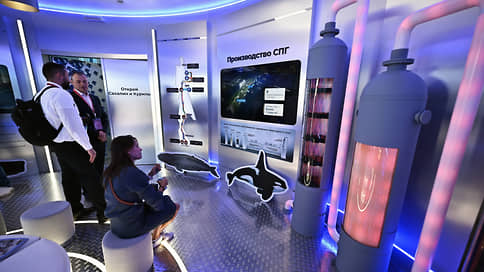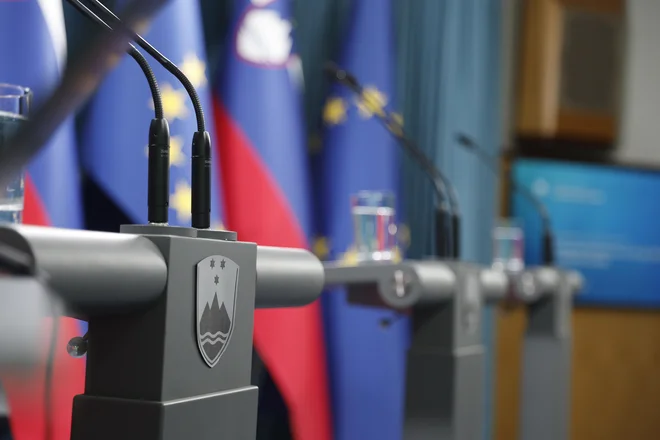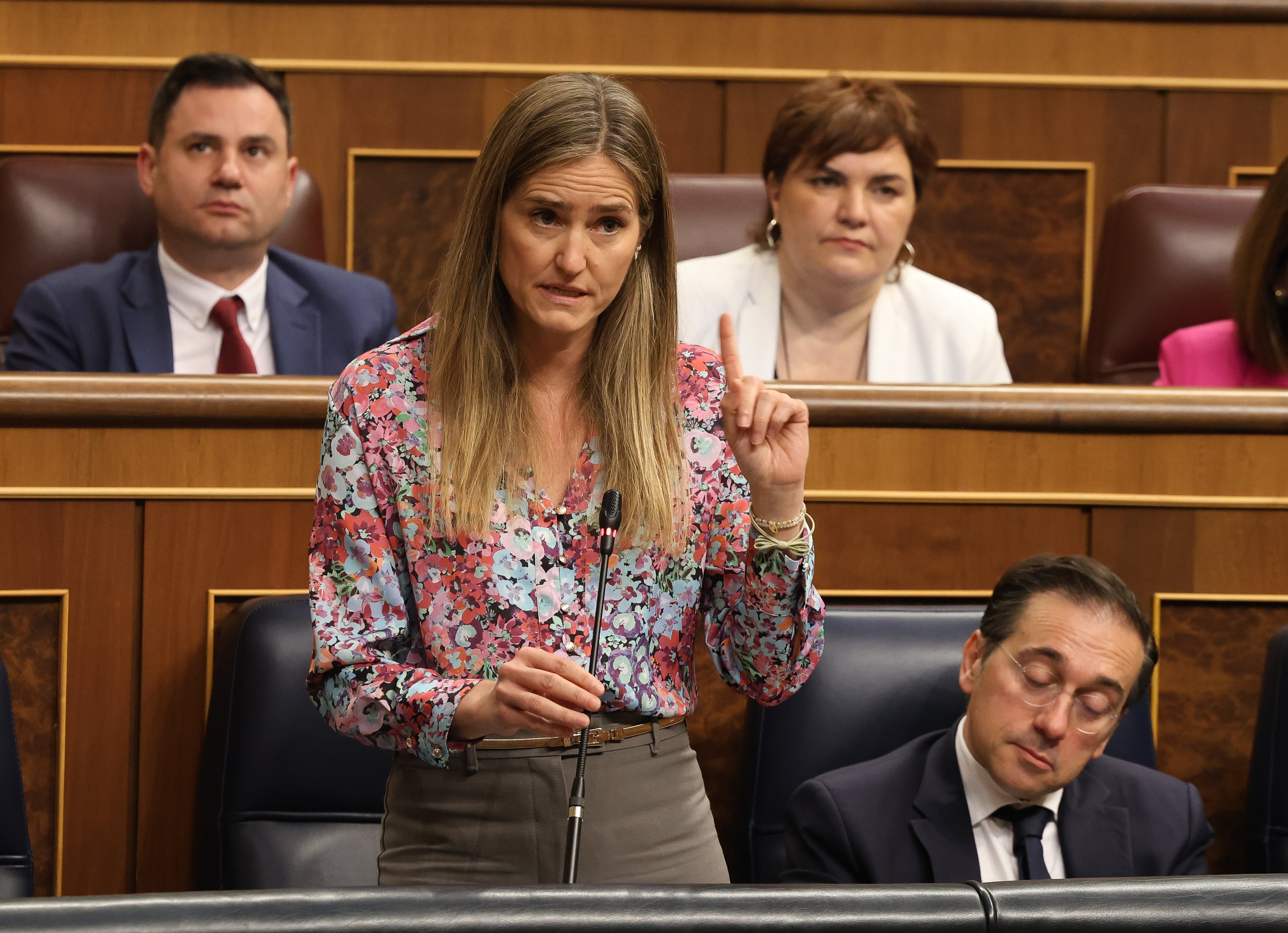Sofia's problems: « Not everything is a matter of money »

Sofia is a million city that breathes and functions as a living organism that grows and ages. The Sofia team submitted this organism to a detailed examination to identify the problems of the city. Can we point out a major « disease » that the capital suffers from?
– If we accept this symbolism, the diagnosis would be – bad metabolism. That is, metabolism in the system is poor, sometimes blocking. And even if the left hand does meaningful actions, the right can draw in a completely different direction, not to mention the legs who do not know at all where the hands are pointing. This aspect of coordination, of teamwork between the different springs – from the level of deputy mayors to the level of experts – is either missing or is much under the required quality.
How would you graduate the « diseases » of the city – which are chronic, who are malignant, who are seasonal like flu?
– There are everything in Sofia – there are chronic diseases, which means structural deficits, accumulated years in areas such as healthcare, spatial territory, social activities where there is a shortage of not only resources but also a management vision. This is not done with a project here – a project there, but with things that lead to the healthy functioning of this share of the body. There are also those who are related to « bad nutrition », the way the « body of the municipality » is charged with human resources.
I think that there are many quality and capable people for some of the activities, for others – no. There are people who are not there to create a productive environment and progress in their field. There are also people who are some unclear heritage who have even been a symbol of the old government, the old approaches that have been stated to be closed.
Without significant reforms: « The Sofia team » evaluated the work of the municipality in 2024.
You are talking about continuity between the old and the new governance of Sofia. How did it happen?
– I consider continuity as an inertia movement. This also has its good countries for many things, namely to continue meaningful initiatives. At the same time, I notice a desire for some quick victories, a quick detection of ability, which, however, are not well thought out, do not fit into a more comprehensive picture. Sometimes they are successful, sometimes they are not.
Lack of coordination, the left hand does not know what makes the right, etc. This picture is not very optimistic.
– I'm optimistic. There is a chance – if the municipal leadership is torn and in the remaining two and a half years it works a little more guilty and structured – at the end of the term, boast more significant victories. Nowadays, it depends on how you present things, what package you put on, what marketing you do around them.
What do you think is the most important thing to do to feel at the end of the term that there is a change?
– I would say – the attitude. It is difficult for a person to arrange the whole spectrum of sectoral tasks – whether the first transportation, whether the first redevelopment, whether kindergartens or landscaping are all important and should be worked on. But for me, the qualitative difference would come from the attitude of the city government to publicity, which means from the way it shows and tells its actions in the world. There is no such thing at the moment.
If you intend to do something – be it for Vitosha or waste – you declare it and tell it in steps. This stage will last for two months, the next – three months, the one – five years. It depends on some institutions, we will take the following steps, one people will be engaged. This is work planning. There is currently no visibility, because there is no internal organization of the processes themselves to allow people to say: Ah, well! So the collection or sidewalk tiles will not be fine this first year, but in three years. So they will see the process, the steps …
Boris Bonev: Reforms stand on logs because of the indecision of the mayor of Sofia
Yesterday's mayor of the Slatina region Georgi Iliev regularly published on Facebook a parsing of his team – photo material, explanations of what was done, reports.
– Many of the mayors through FB say what they are doing and this is positive, but it is a post -factum. I am talking about saying what you plan, how you plan to achieve it, what the stages are. And then all the public annoyance that arises will decrease after you have written where the risks are. This is one aspect – communication, publicity, attitude. The other aspect is as a manager not to be in any closed inaccessible environment in which you rely solely on the administration, of your closest people and the municipal budget as an instrument.
Sofia is a place with a huge resource that is outside the municipality – people who want to do things that can do things, monetary resources, material resources. The most aiming policy of a municipal leadership is to coordinate this resource, to channel it. To inspire, to upgrade, to support. To make it so that for the common purposes, not only the municipal budget, but also a number of other factors, work.
However, how do people join for each other?
– Through specific topics and very good moderation. We've done it over the years. And we are currently doing it with « The Team of Sofia ». I can give examples with neighborhood cases, which are sensitive topics such as parking and landscaping, with mineral baths in Knyazhevo or playgrounds. There are people who do not want to hear children play in front of their block because they make a lot of noise. There are always conflicts, intentions, desires in the urban environment. But it is possible to find consensus.
We manage to gather these opinions at one table and agree. This includes a respectful attitude towards participants and a long process – you just have to talk to these people, talk, show and be open to the end result. It is not necessarily what you said in the beginning, you are there, not to sell them something, but to understand, to learn and with them to create a plan for this garden, for this street, for this neighborhood. This is achievable – we are not the only ones in the world we do. This is a sustainable approach in which you can engage an essential part of society. In Sofia, there are 150 neighborhood groups that fight for different things – only with them to be able to communicate – this is a great success.
Make Architecture Great Again. The new Bulgarian architectural populism
Residents are fixed to the city's household problems. What do Sofia guests see? What do they tell us?
– First, it depends a lot on the season they come to. They will see a city that – not so much thanks to the municipality, is rich in events, quite diverse. There are many things that happen here – in the field of culture, entrepreneurship, urban activism, technology. There are thousands of people, some of whom create a worldwide product, but they exist in parallel reality from the municipal government. And what is important for the good management of the city is to try to work with these people, to achieve another level of communication and interaction.
How does the city -rich city advertise itself? What is his most attractive characteristic?
– If we had to make a brand strategy, I would start with the mineral waters. This makes the city different from other major cities with similar characteristics. As well as the proximity to the mountain. Not only Vitosha, but also the plan, Lyulin, Stara Planina. These natural resources can be used not only for marketing but also for the quality of life of citizens.
You mention two invaluable wealth that nature has given to the city and which the people of the city have completely neglected!
« That's right. But I'll say again I'm somewhat optimistic. » Regarding the mineral waters – Deputy Mayor Nikola Barbutov, in whose line the topic is very constructive and realizes that the municipality needs the expertise and capacity that exist outside the municipality.
It will be a great success if the municipality manages to create an organizational and business plan for how it wants to manage this resource. How will the mineral baths work – not only the central mineral bath, but all of them, because it is a plus if you can combine them as a service, but also because the water has different characteristics in different places – from temperature to composition. This can be a very rich experience. What is the access regime, how much it will cost, how it will maintain, what part of the water goes to the bathrooms, what part in the fountains, what the financial return will be.
How to ruin a neighborhood
Doesn't that really go on money?
– Money is not a problem – especially for the initial stage of study. You need a management vision and a management will.
A million and a half people live in Sofia. Do they have a « vision » for city management? Is their opinion heard?
– Many people have chosen Sofia because of the opportunities offered by the big city, but without realizing what it is as a whole organism. We had a campaign a while ago: « Remember you chose Sofia! ». But awareness will not be easy if you do not have a partner on the other side to put you in the position of a person on whom it depends. People will have an active attitude to the problems of the city if they know that their action has an effect. If they know something depends on them.
This can be achieved if, for example, real civic budgets are introduced, if people have the opportunity to vote on how to distribute some of the money in their neighborhood. With this money, what we want first – to fix sidewalks or stops. These are processes that are practiced in the world in completely different cultural contexts – from Taiwan to Iceland – and it is absolutely possible to achieve the participation of citizens so that they become involved in problems and participate in solutions. Not everything is a matter of money.
The people of my generation, who have been trying to participate in decisions for decades for decades, reacted, protested, argued, insisted, offered, without seeing the result, were tired.
-When you are alone, you get tired more easily when you are in a team, you get tired more difficult. And it has more effect. I am optimistic because we – me and my followers, do not want to put up with the lack of progress, with the lack of reforms, with the lack of quality. I also see many other people who are not ready to wave their hand and say « All the same! ». That's why I'm optimistic.












